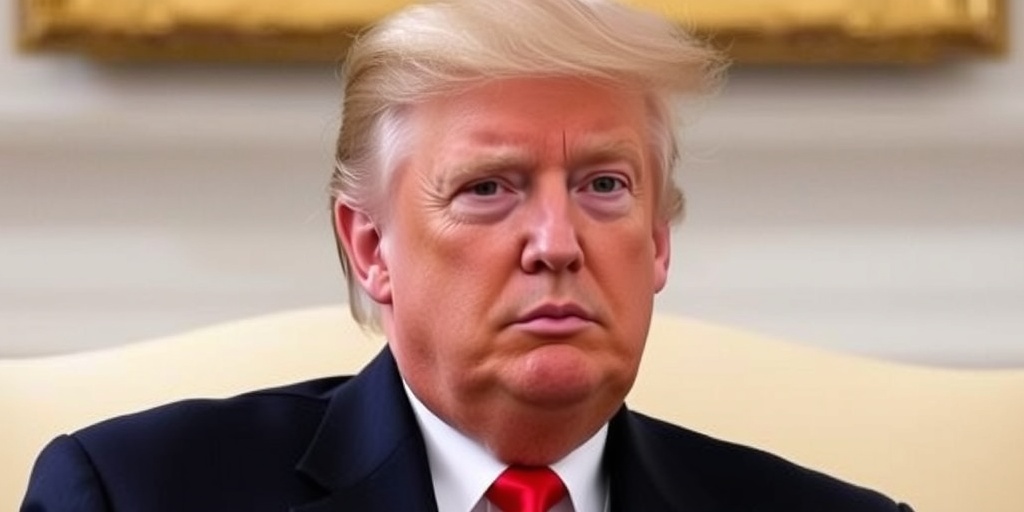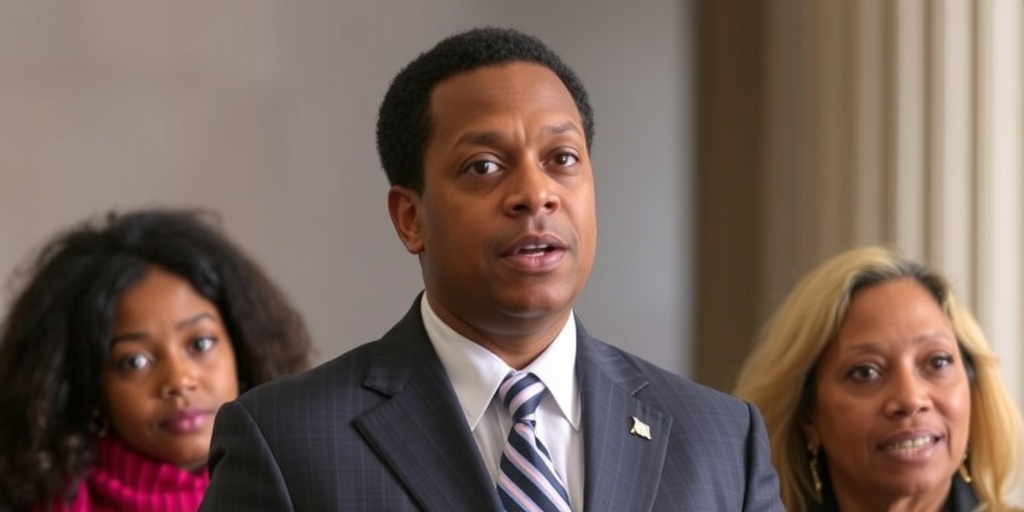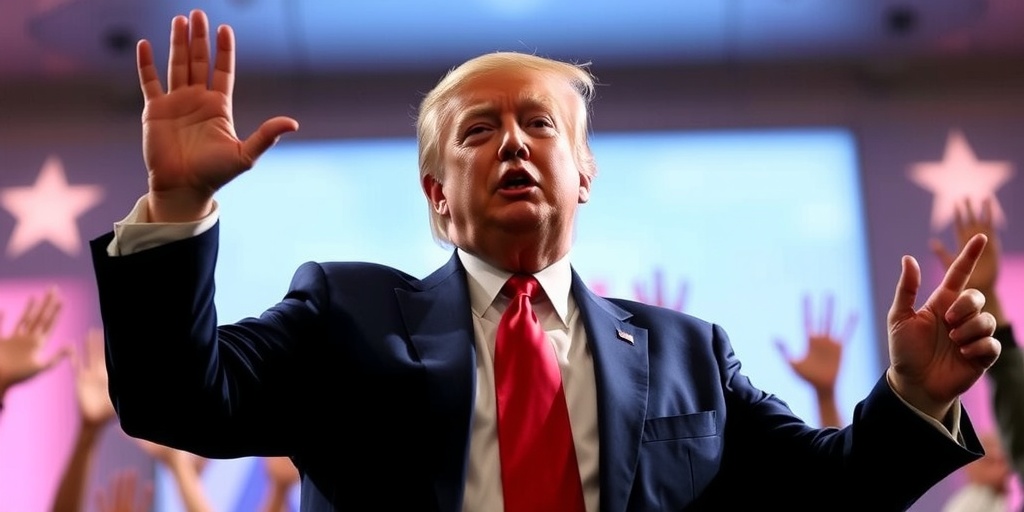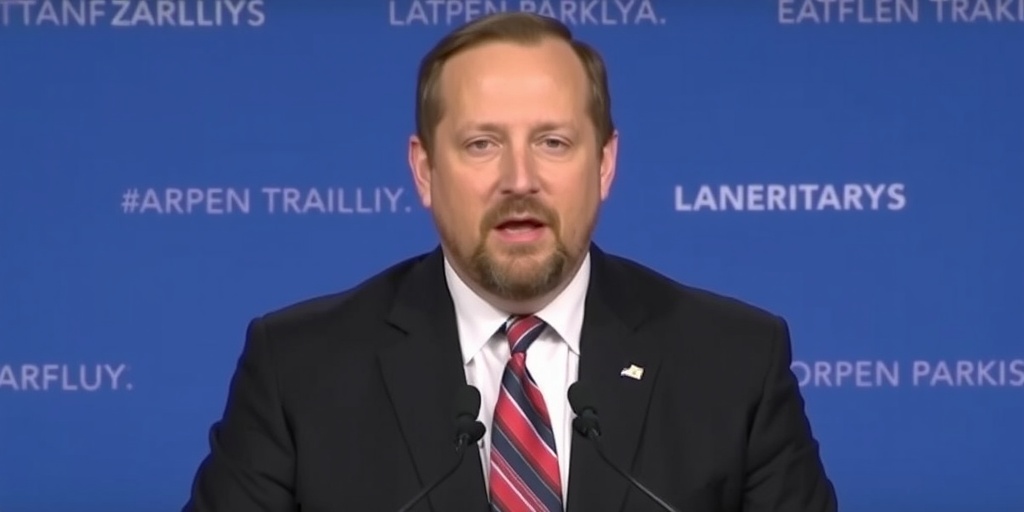Now Reading: Trump’s Treasury Nominee Scott Bessent to Face Intense Scrutiny
-
01
Trump’s Treasury Nominee Scott Bessent to Face Intense Scrutiny
Trump’s Treasury Nominee Scott Bessent to Face Intense Scrutiny
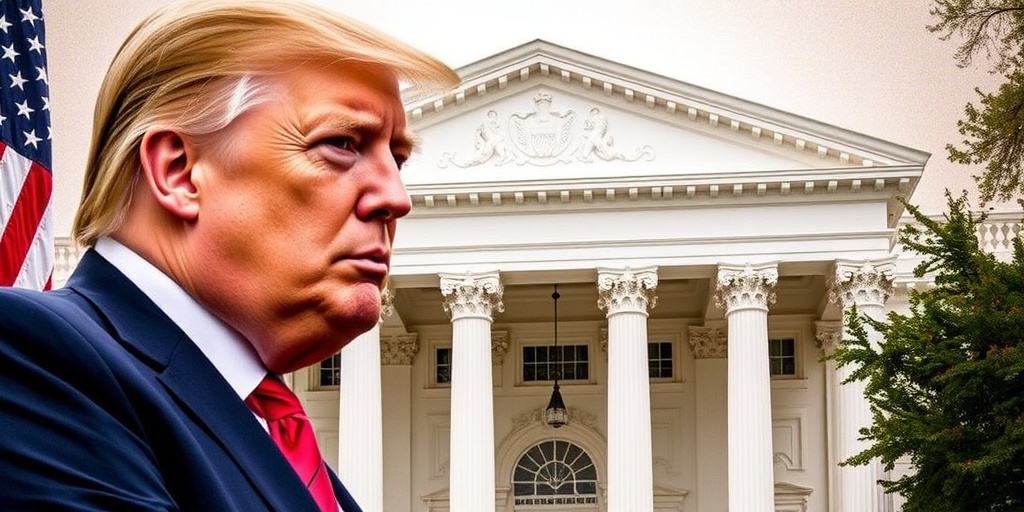
Scott Bessent Prepares for Confirmation Hearing as Treasury Secretary Amid Economic Scrutiny
Scott Bessent, the President-elect Donald J. Trump’s nominee for Treasury Secretary, is set to face a challenging confirmation hearing on Thursday. As the leader of the Treasury Department, Bessent will be expected to navigate the intricate financial landscape at a time when tax policies, trade relations, and national debt are critical issues. His experience as a billionaire hedge fund manager positions him at the center of discussions about Trump’s economic agenda, which includes tax cuts, tariffs, and cryptocurrency regulations.
Bessent has engaged in dialogues with both Senate Republicans and Democrats over the past few weeks in an effort to prepare for the confirmation process, which is anticipated to proceed relatively smoothly due to his notable financial acumen. A former chief investment officer for liberal donor George Soros, Bessent has historically contributed to campaign funds of both parties, demonstrating his bipartisan connections. In his prepared remarks, he is expected to convey a vision of fostering a balanced era of economic prosperity that benefits all Americans.
However, the path ahead is not devoid of challenges. Some senators on the Finance Committee, particularly from the Democratic party, are likely to question Bessent about his views on Trump’s proposed policies, which have sparked significant debate. Topics of discussion will include universal tariffs, the easing of sanctions on Russia, the establishment of a strategic Bitcoin reserve, and the implications of tax cuts that many perceive to favor the wealthy.
Among the critical issues to be addressed is the future of Trump’s 2017 tax cuts. The Treasury Department plays a vital role in the administration’s plans to reforge the tax code and potentially extend these tax cuts, which are projected to cost approximately $4 trillion over a decade. Bessent is expected to assert that failing to extend these cuts would constitute a historic tax increase. Nonetheless, questions linger about how the government might fund such cuts amidst an escalating national debt now exceeding $36 trillion. Bessent has indicated a goal of reducing the fiscal deficit, currently estimated at $1.8 trillion, to 3 percent of GDP by 2028, although the methods to achieve this remain unclear.
Bessent previously suggested that extending the 2017 tax cuts could be financed through reductions in other areas of the budget, such as cuts to the Inflation Reduction Act and freezing non-defense discretionary spending. He emphasized the need for careful planning to mitigate risks associated with the budget and taxation policies under his prospective leadership.
Apart from tax policy, Bessent will face scrutiny over Trump’s aggressive tariff plans. The incoming administration plans to implement blanket tariffs on imports and impose stringent duties on goods from China. As Treasury Secretary, Bessent would play a pivotal role in trade negotiations, aimed at relieving economic tensions while protecting American industries. While there is some bipartisan support for tariffs, Trump’s approach includes leveraging tariffs to demand concessions on unrelated issues, such as immigration and territorial claims.
Additionally, the administration appears poised to embrace cryptocurrencies more fully than in the past, a significant shift from Trump’s earlier skepticism. Bessent’s involvement in the financial sector raises questions about how the Treasury Department will regulate cryptocurrencies to prevent associated illicit activities. Bessent has disclosed having significant investments in Bitcoin, yet has pledged to divest these holdings if confirmed.
Another pressing topic for Bessent’s confirmation hearing will be the management of sanctions, particularly regarding Russia. Trump’s administration has seen an expansion of sanctions as a form of financial warfare, and Bessent’s remarks will likely highlight the need for a coherent sanctions strategy. With Trump’s preference for tariffs over sanctions and his concerns regarding the potential overuse of sanctions, Bessent may face questions about maintaining current sanctions, especially in light of ongoing geopolitical tensions influenced by Russia’s actions in Ukraine.
Democratic lawmakers are also expected to scrutinize Bessent’s own tax practices, given that he has utilized strategies that allowed him to avoid substantial payroll taxes. This aspect of his financial history raises concerns about alignment with the fiscal responsibilities expected from the head of the Treasury Department. The conflict between Bessent’s past tax strategies and the position of the agency he hopes to lead could provoke pointed inquiries from the Senate Finance Committee.
As Bessent approaches his confirmation hearing, the outcome will not only shape his future but will also influence the economic policies adopted by the Trump administration. With a focus on tax cuts, tariffs, and evolving financial technologies, Bessent’s responses and leadership style could have far-reaching implications for the nation’s economic direction during a pivotal time.
Stay Informed With the Latest & Most Important News
Previous Post
Next Post
-
 01New technology breakthrough has everyone talking right now
01New technology breakthrough has everyone talking right now -
 02Unbelievable life hack everyone needs to try today
02Unbelievable life hack everyone needs to try today -
 03Fascinating discovery found buried deep beneath the ocean
03Fascinating discovery found buried deep beneath the ocean -
 04Man invents genius device that solves everyday problems
04Man invents genius device that solves everyday problems -
 05Shocking discovery that changes what we know forever
05Shocking discovery that changes what we know forever -
 06Internet goes wild over celebrity’s unexpected fashion choice
06Internet goes wild over celebrity’s unexpected fashion choice -
 07Rare animal sighting stuns scientists and wildlife lovers
07Rare animal sighting stuns scientists and wildlife lovers














